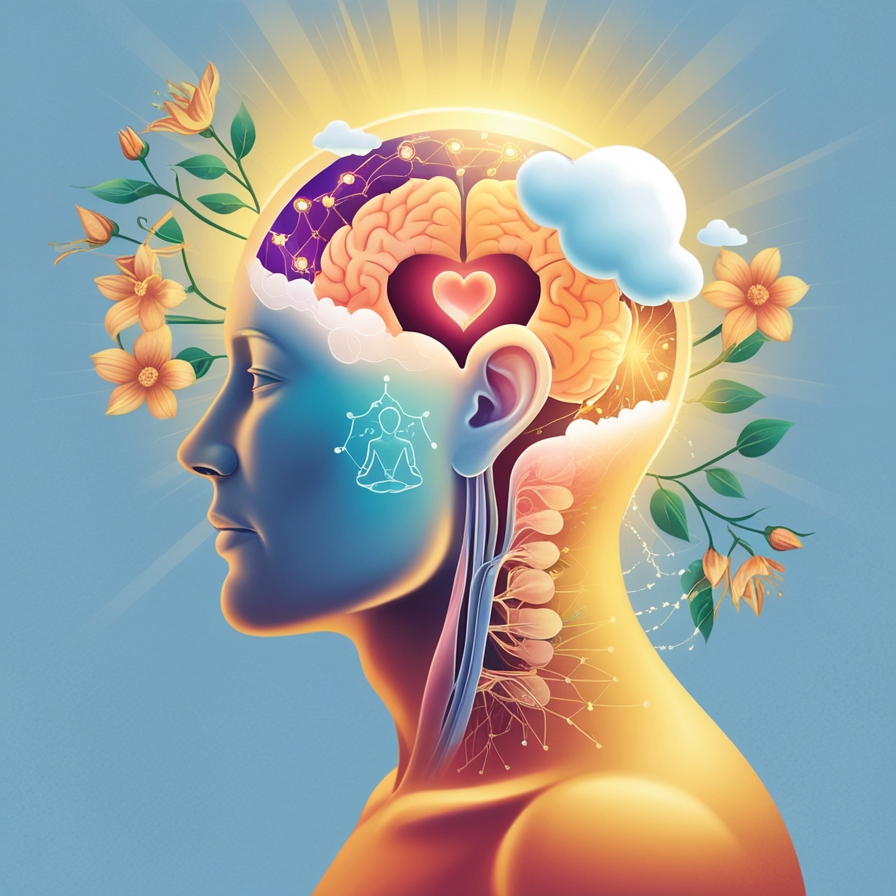Picture this, you wake up feeling like the world is heavier than usual, tasks that once seemed simple now feel like climbing a mountain, you try to shrug it off, tell yourself to “just snap out of it,” but the weight doesn’t lift, this is the silent struggle millions face every day, often hidden behind smiles and daily routines, mental health is not just a buzzword it is a cornerstone of our overall well-being, yet it is a topic many shy away from discussing, today, let’s shed light on what mental health truly is, the factors that influence it, and how men and women alike can take proactive steps to reclaim their lives.
What Is Mental Health?
Mental health encompasses our emotional, psychological, and social well-being, it affects how we think, feel, and behave in daily life, it also influences how we handle stress, relate to others, and make decisions, mental health is not just the absence of mental illness, it’s a state of overall well-being where individuals can realize their potential, cope with normal life stresses, work productively, and contribute to their communities.
Common Challenges Men and Women Face
While mental health issues don’t discriminate, men and women often experience them differently due to biological, societal, and cultural factors.
-
For Women.
-
Hormonal changes due to menstruation, pregnancy, postpartum, and menopause can trigger conditions like anxiety and depression.
-
Societal pressures to balance careers, family, and social expectations often lead to burnout.
-
Higher rates of body image issues and eating disorders due to unrealistic beauty standards.
-
-
For Men.
-
Societal norms that equate masculinity with emotional stoicism often discourage men from seeking help.
-
Higher risks of substance abuse and anger issues as coping mechanisms for unaddressed mental struggles.
-
Men are statistically more likely to die by suicide, often due to untreated mental health conditions.
-
What Causes Mental Health Issues?
Mental health issues can arise from a complex interplay of factors.
-
Biological Factors. Genetic predisposition, hormonal imbalances, and brain chemistry.
-
Psychological Factors. Trauma, chronic stress, and low self esteem.
-
Social Factors. Loneliness, societal expectations, and toxic relationships.
-
Lifestyle Factors. Poor diet, lack of exercise, and substance abuse.
Signs You Might Be Struggling
Recognizing the signs is the first step toward healing. Common indicators include.
-
Persistent sadness or hopelessness.
-
Withdrawal from friends, family, and activities.
-
Sudden changes in appetite or sleep patterns.
-
Unexplained irritability or anger.
-
Difficulty concentrating or making decisions.
-
Physical symptoms like headaches or stomachaches without a clear cause.
How to Come Out of It: Practical Steps for Men and Women
-
Acknowledge the Problem. Denial only delays healing. Recognizing that something feels off is the first and most courageous step.
-
Seek Professional Help.
-
Therapy. Talking to a counselor or therapist can provide you with tools to navigate your emotions.
-
Medication. In some cases, antidepressants or anti-anxiety medications may be recommended by a psychiatrist.
-
-
Build a Support Network.
-
Share your feelings with trusted friends or family members.
-
Join support groups where you can connect with others facing similar challenges.
-
-
Adopt a Healthy Lifestyle.
-
Exercise regularly to release endorphins, which improve mood.
-
Eat a balanced diet rich in nutrients that support brain health.
-
Prioritize sleep to allow your mind and body to recharge.
-
-
Practice Mindfulness and Stress Management.
-
Meditation, yoga, or deep-breathing exercises can help you stay grounded.
-
Journaling can provide an outlet for processing emotions.
-
-
Challenge Negative Thoughts. Cognitive behavioral techniques can help you reframe negative thinking patterns.
-
Limit Social Media. Comparing yourself to others online often does more harm than good, set boundaries for healthier consumption.
-
Celebrate Small Wins. Recovery is a journey, not a sprint, acknowledge and celebrate even the smallest progress.
Breaking the Stigma. Why Talking About Mental Health Matters
One of the biggest barriers to mental health recovery is the stigma attached to it, many people fear being judged, misunderstood, or labeled as “weak” by sharing stories, educating others, and normalizing conversations about mental health, we can create an environment where seeking help is seen as a strength rather than a weakness.
Conclusion. Your Journey to Wellness Starts Today
Mental health challenges can feel isolating, but you are never alone, whether you are a man struggling to express emotions or a woman feeling overwhelmed by societal pressures, there is hope and help available, the road to recovery begins with a single step, acknowledging that your mental health matters and taking action to nurture it.
Remember, seeking help is not a sign of weakness, it is a testament to your strength and your commitment to living a fulfilling, balanced life, let’s break the silence, support one another, and create a world where mental health is a priority for all.

